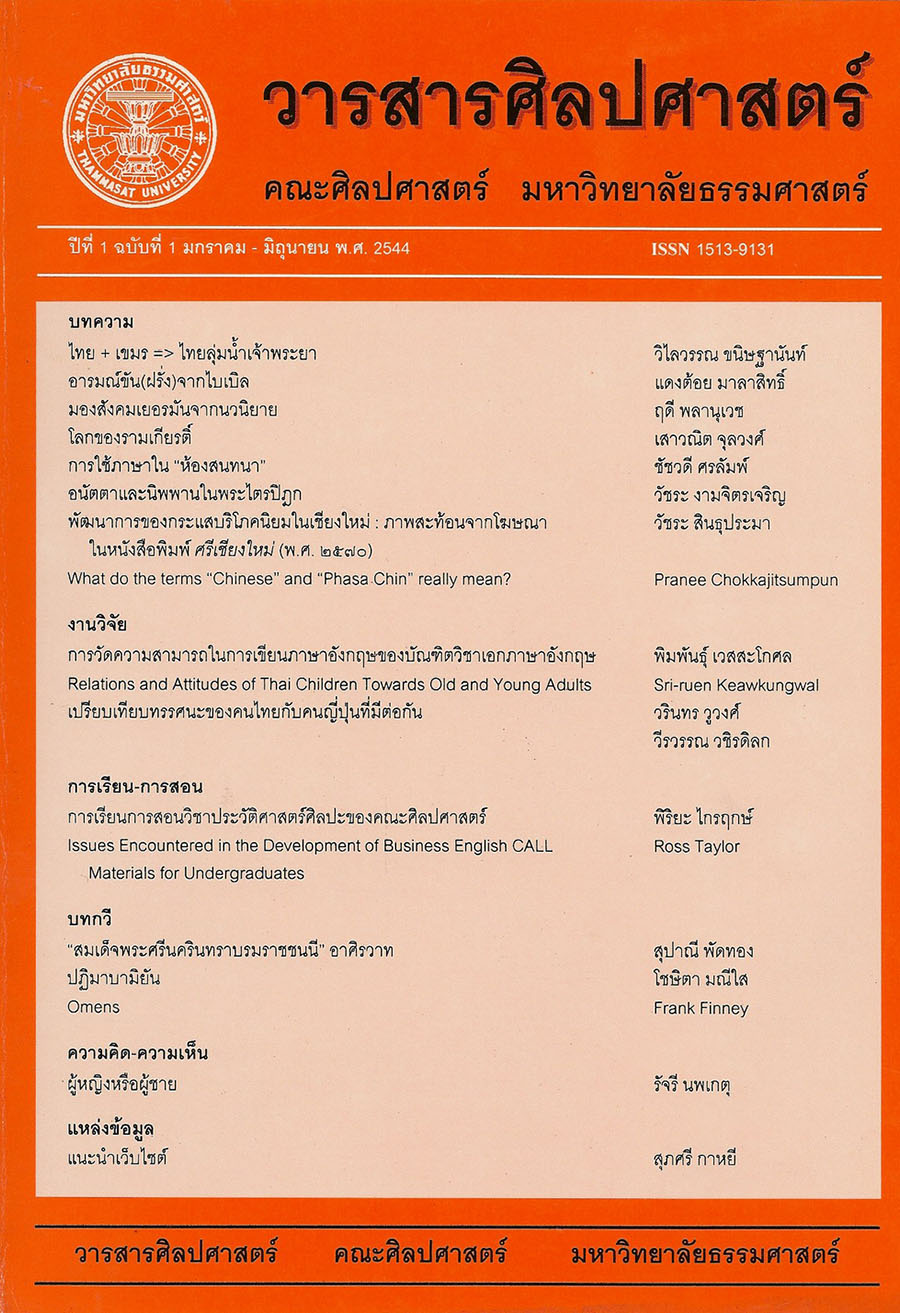อนัตตาและนิพพานในพระไตรปิฏก
Main Article Content
บทคัดย่อ
การศึกษาเรื่องอนัตตาและนิพพานในพระไตรปิฎกนี้มีความมุ่งหมายที่จะศึกษาว่า พระพุทธเจ้าได้ทรงปฏิเสธการมีอยู่ของอัตตาทางอภิปรัชญาทั้งหมดหรือไม่ และนิพพานในทัศนะของพระพุทธเจ้าเป็นอนัตตาหรือไม่ ผลของการศึกษาปรากฏว่า มีหลักฐานในพระไตรปิฎกโดยเฉพาะพระสุตตันตปิฏกที่แสดงว่าพระพุทธเจ้าทรงปฎิเสธอัตตาอย่างสิ้นเชิง เพราะพระพุทธเจ้าตรัสไว้ชัดเจนว่าความคิดเรื่องอัตตาจะต้องเกี่ยวกับขันธ์ 5 แต่ขันธ์ 5 ไม่เป็นอัตตาและไม่ได้อยู่ในอัตตา และอัตตาก็ไม่มีทั้งในและนอกขันธ์ 5 เมื่ออัตตาถูกปฏิเสธโดยสิ้นเชิงเช่นนี้ นิพพานจึงไม่สามารถเป็นอัตตาได้ อีกทั้งนิพพานก็ไม่เข้าข่ายจะเป็นส่ิงที่เรียกว่าอัตตาได้ เพราะอัตตาคือตัวตน หรือตัวเรา ที่เป็นผู้กระทำและรับผลของการกระทำ แต่นิพพานเป็นเพียงความดับกิเลสหรือความดับทุกข์ซึ่งเป็นภาวะไม่ใช่ "สิ่ง" ที่เป็นอัตตาได้
This study deals with the concepts of anatta (non-self) and nibbana (extinction) in the Tipitaka aiming to argue whether the Buddha denied the existence of any eternal, unchanging self/soul and whether nibbana is, to the Buddha, not self. The study reveals that, in the Sutta, what is the atta (self) must be somehow concerned with the five aggregates (khandha-s) which form "a person", but the Buddha definitely denied the existence of such an atta. Since atta is completely disapproved, nibbana cannot be atta. Moreover, nibbana which is a state of extinction of defilements is not a being and thereby cannot be an atta, a being, who is an actor and a recipient of a karmic result.


